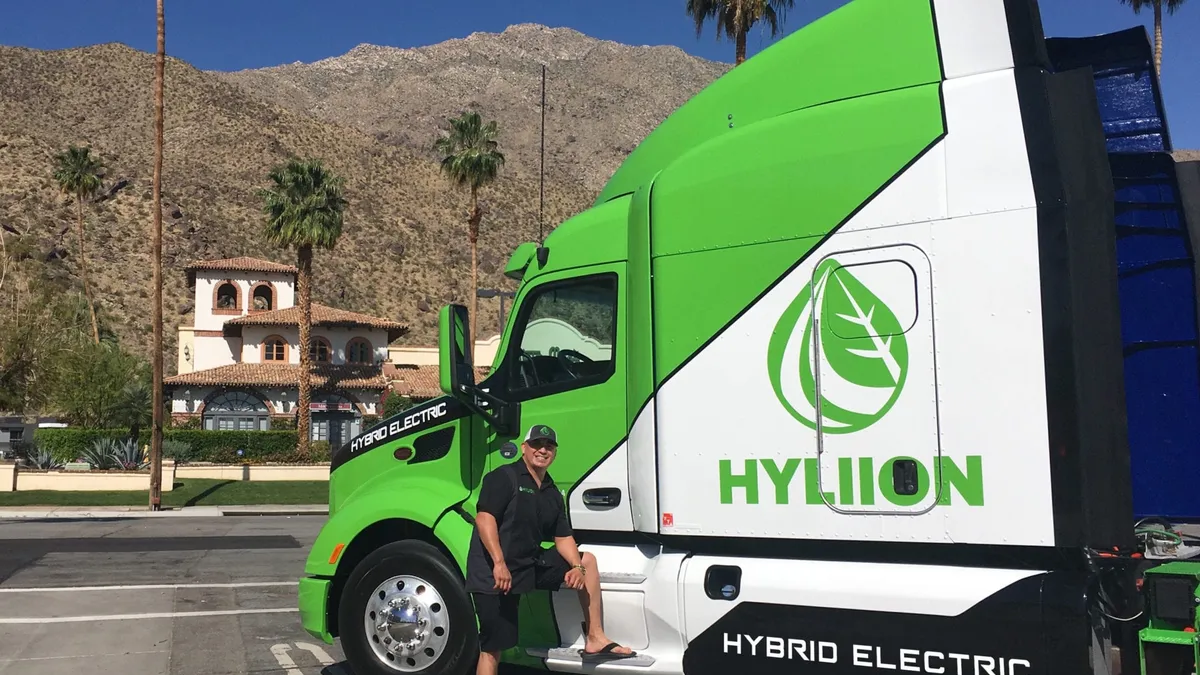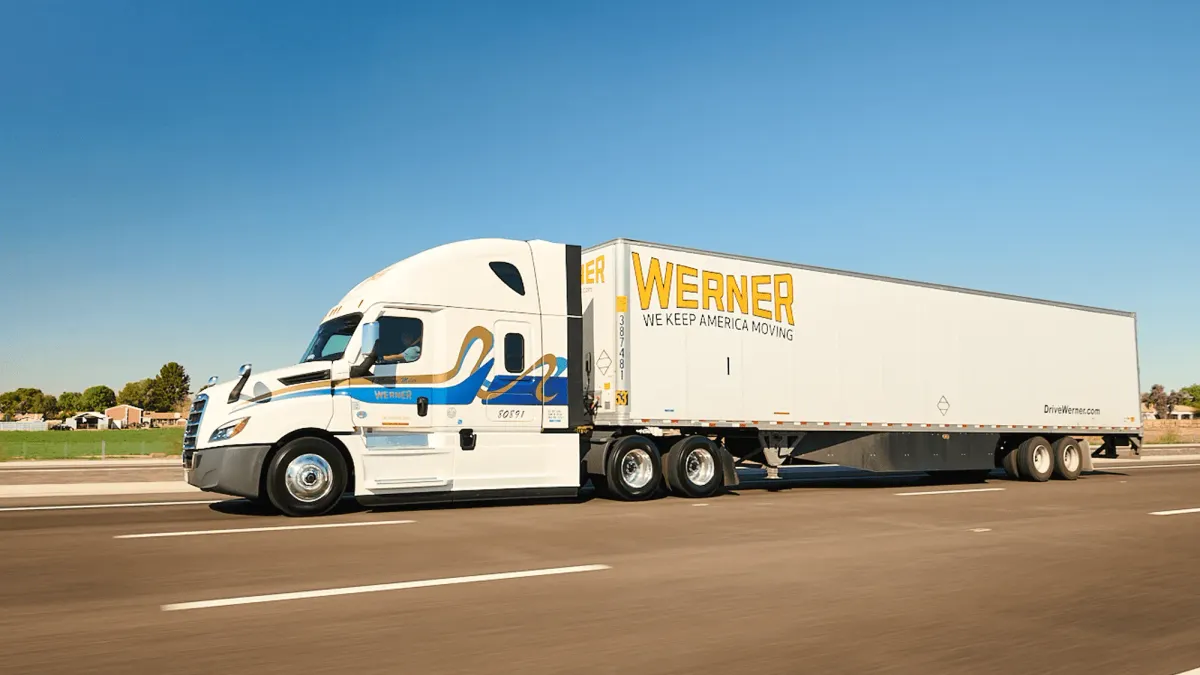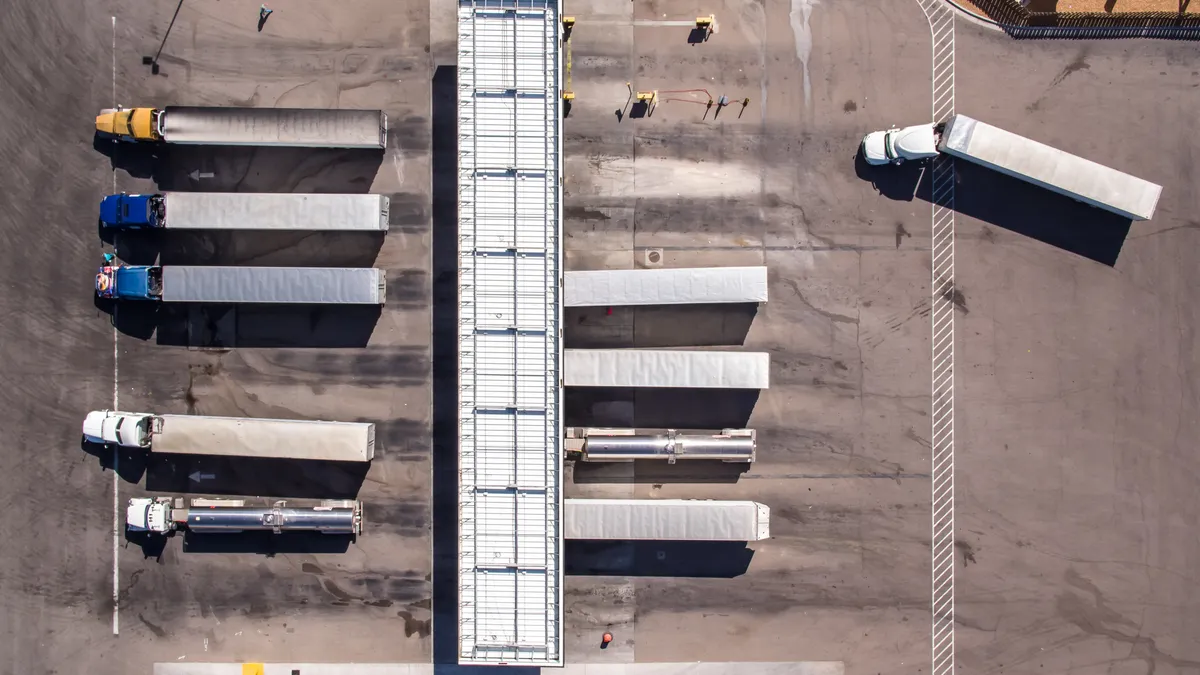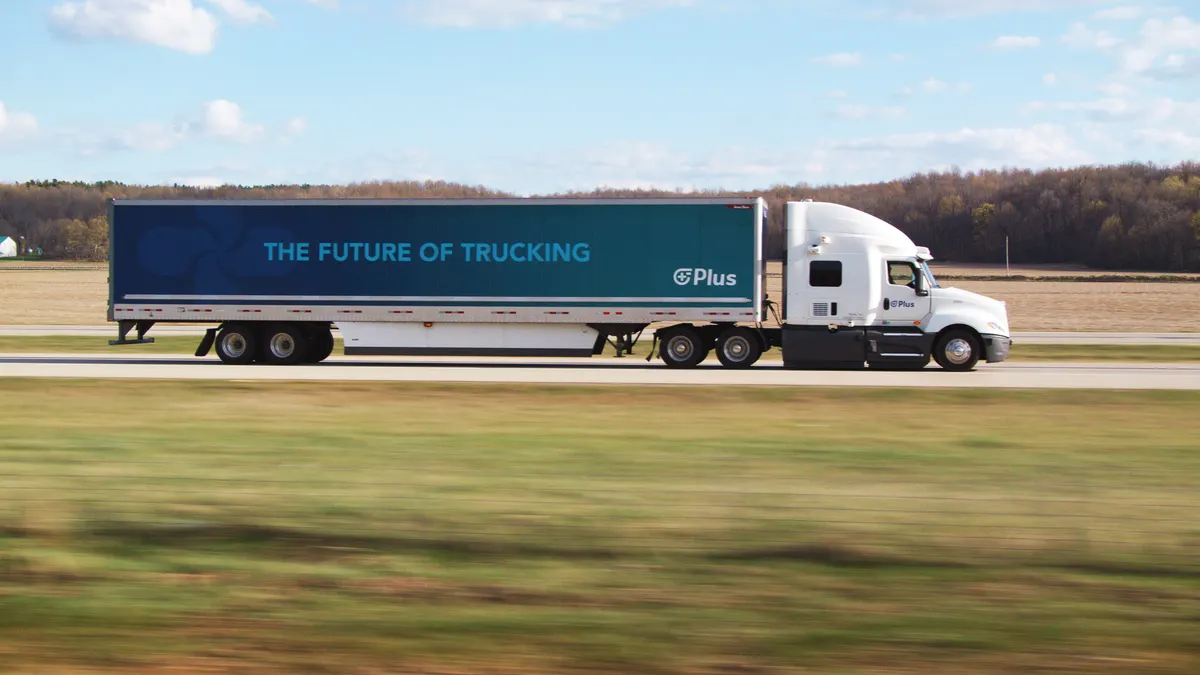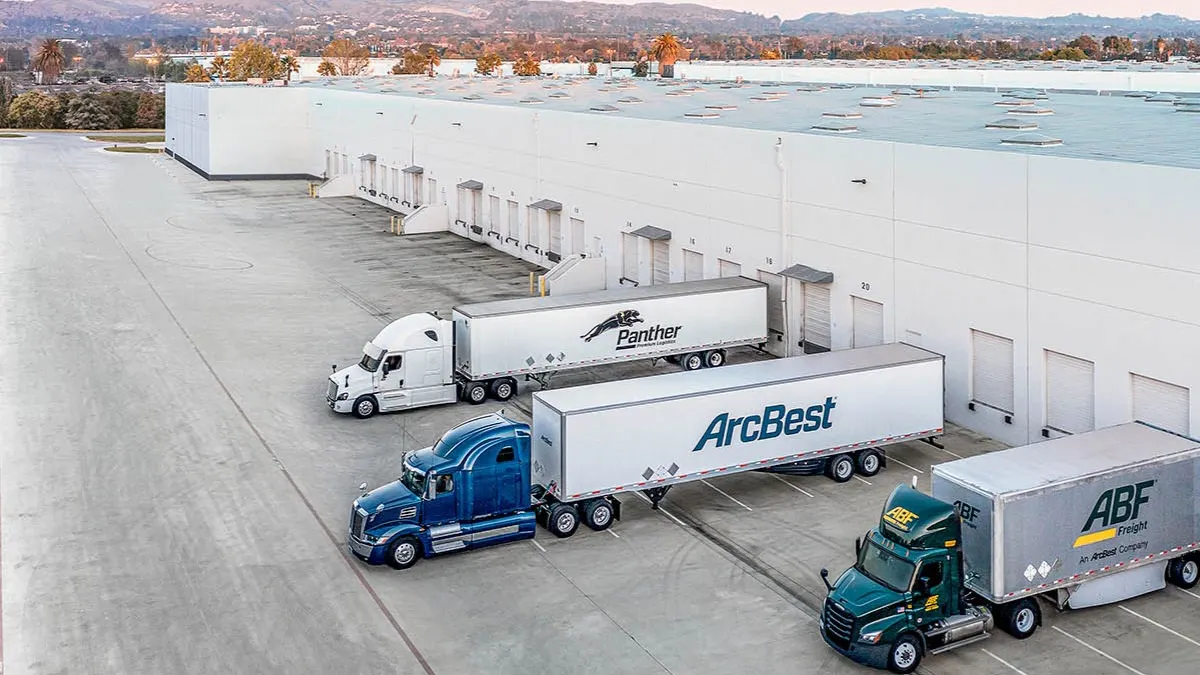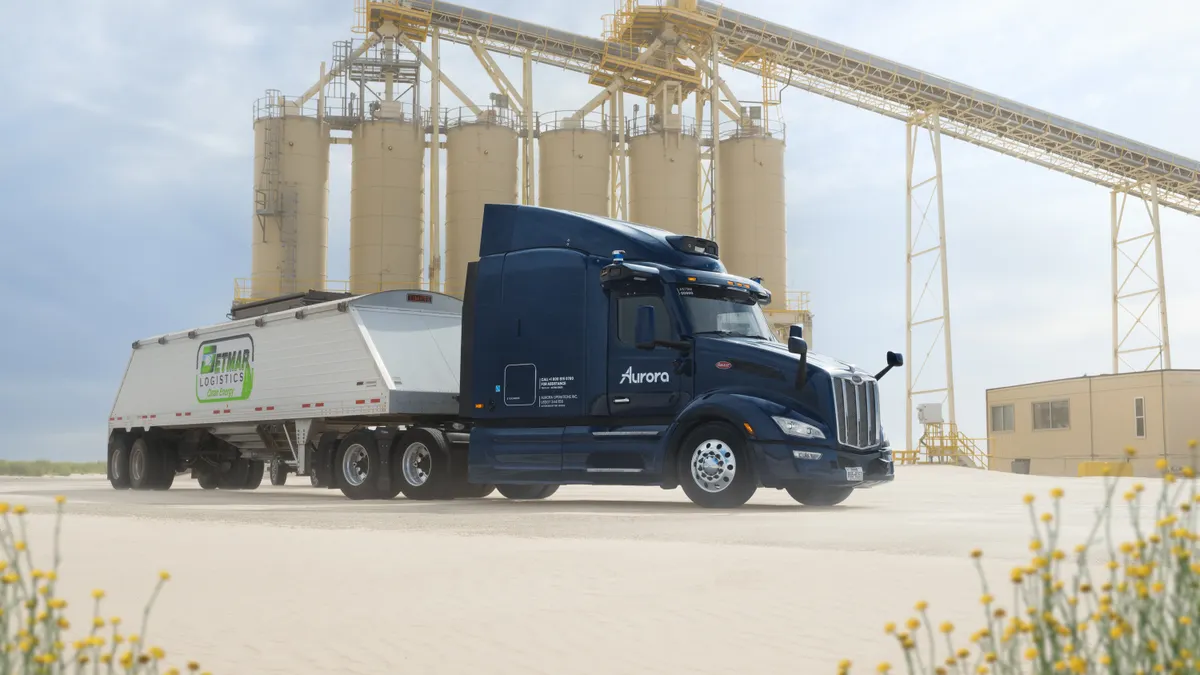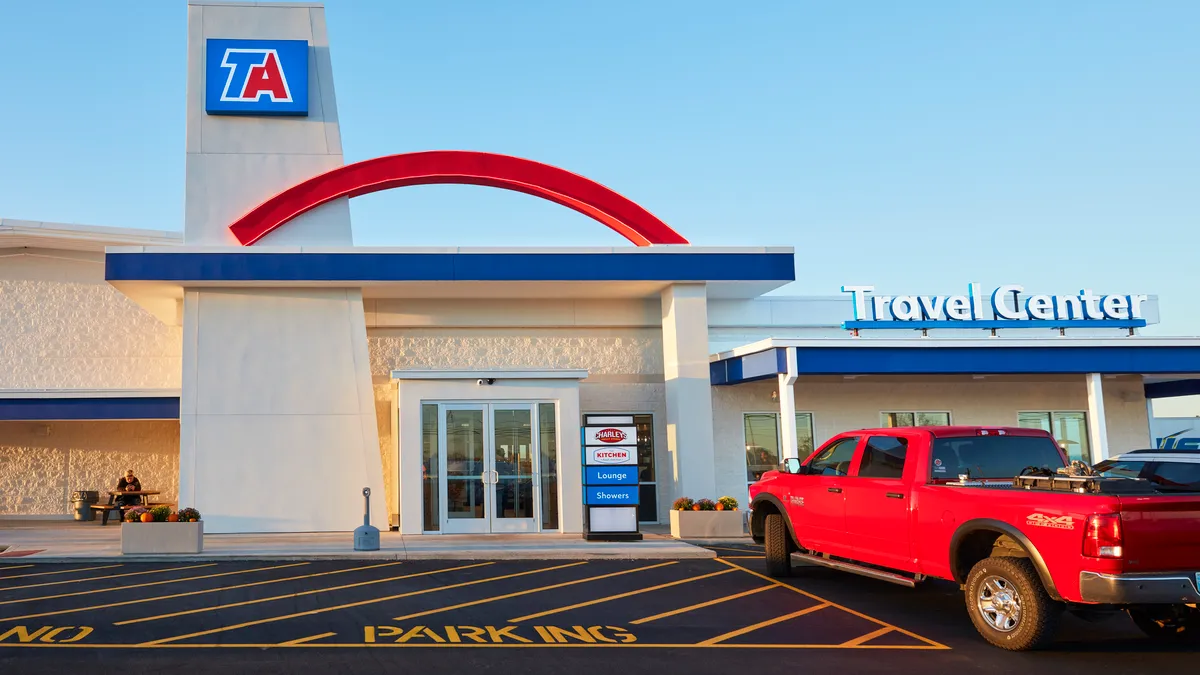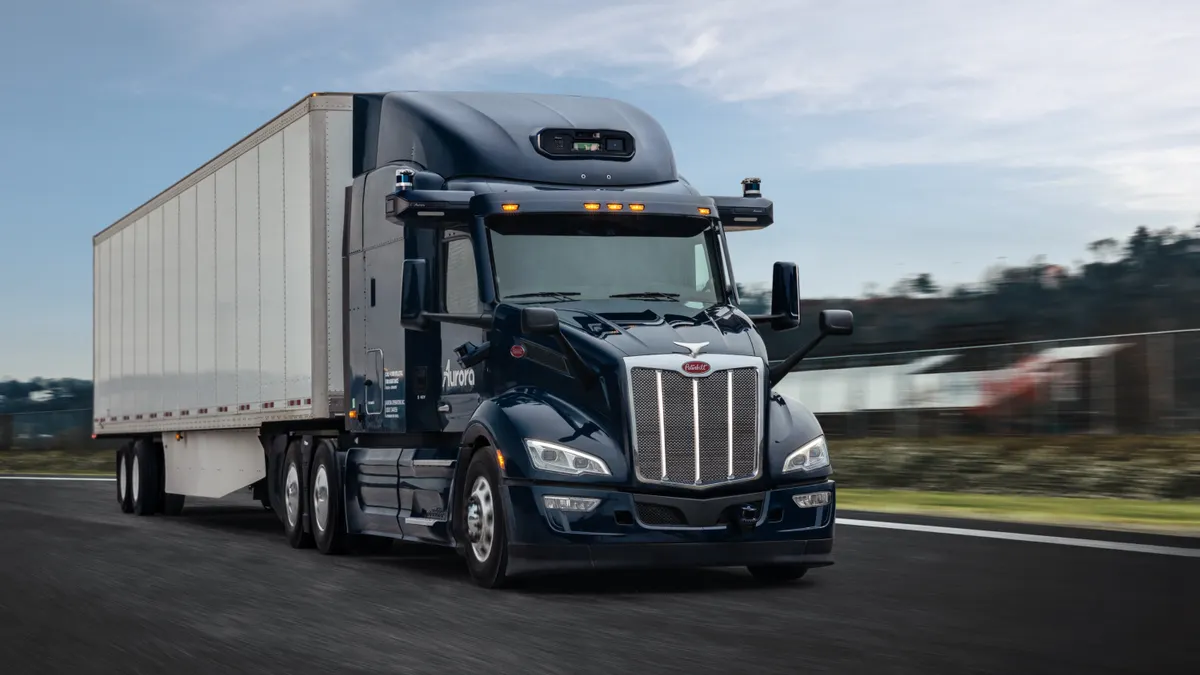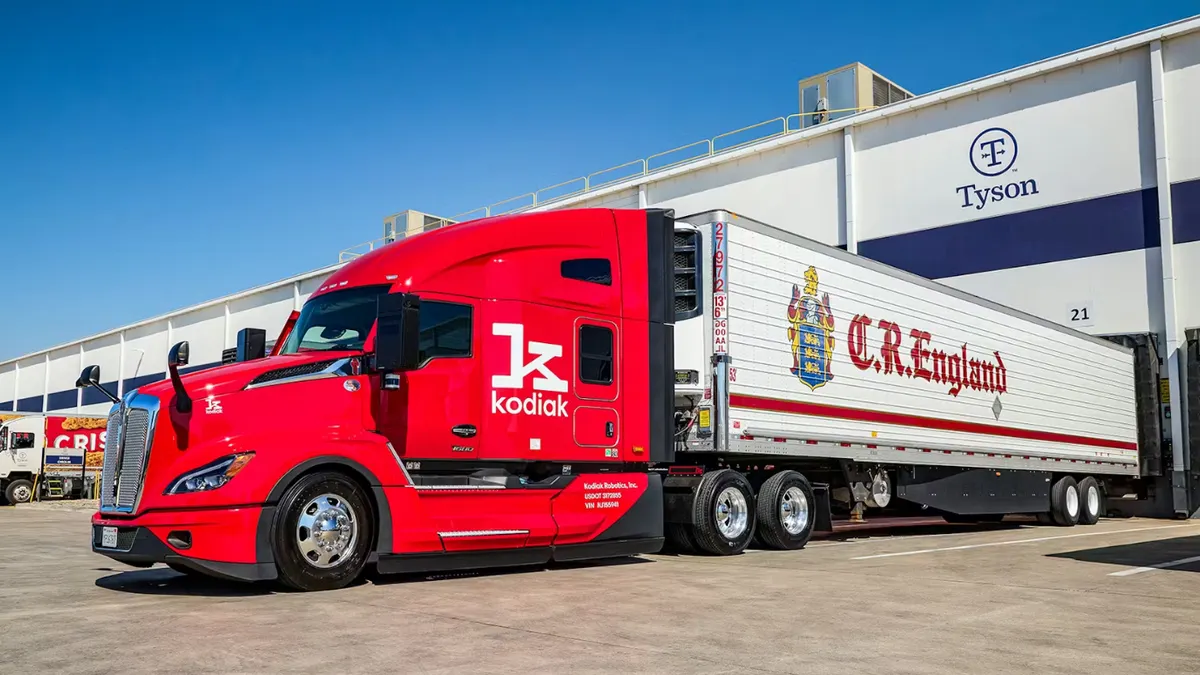As OEMs develop battery-electric and hydrogen fuel-cell vehicles in the trucking market, a once-promising concept is being pushed further from the electric future.
The diesel hybrid truck was, at one point, a hot topic of discussion in the trucking industry, especially as former President Barack Obama took office in 2009. Then, his party's agenda was to electrify the nation's fleets of trucks and cars, and the private sector was eager to advance technology that would do that.
In late April of 2009, Meritor sent a prototype of its hybrid Class 8 tractor to park near Capitol Hill, as part of the Motor and Equipment Manufacturers Association's annual legislative summit. The model was developed in partnership with Walmart, Navistar and Cummins, according to Fleet Owner article from that year.
The idea seemed feasible for large trucks, because it was easy to look on the streets of New York and Washington, D.C., and see an alternative to vehicles that solely used gasoline or diesel.
That alternative was the Toyota Prius, which used a hybrid system, producing fuel savings for the user. It's difficult today to walk the streets of Washington, D.C., and not see a Toyota Prius, not uncommon among Uber and taxi drivers. The hybrid model seemed likely to work on decreasing U.S. carbon emissions by using less gasoline.
A number of truck OEMs, including Paccar, produced some diesel hybrid models. But over time, they focused more on all-electric or hydrogen fuel-cell trucks, according to Allen R. Schaeffer, executive director of the Diesel Technology Forum.
The reason was the hybrid diesel truck didn't really give a fleet any big advantage on emissions. The savings were supposed to be fuel and improved mileage. But batteries in hybrid vehicles recharge by regenerative braking, and a hybrid diesel truck will miss the benefit of that on interstates and highways. Over a long haul, hybrid trucks will use diesel over electricity as the battery recharges.
Policymakers and an eager public guided OEMs to go beyond hybrid and begin production of zero-emission vehicles.
Long hauls burn diesel
Specialty companies still produce diesel hybrid technology. Hyliion is one such company, but it doesn't produce the truck itself. Instead, Hyliion focused on a number of options that it could add to Class 8 tractors, "agnostic" to brand. In Hyliion's diesel hybrid model, the system is installed on existing Class 8 models.
Today, diesel hybrid vehicles tend to be transit buses or off-road work vehicles, according to Schaeffer. The frequent starts and stops of a commercial passenger vehicle — such as a city bus — are what makes the hybrid vehicle a success in urban areas, and a challenge for long-haul fleets.
"The hybrid is best suited for start-and-stop hauling. If you are on the highway, then you are burning [diesel]."

Robert Braswell
Executive Director of the American Trucking Associations' Technology and Maintenance Council
"The hybrid is best suited for start-and-stop hauling," said Robert Braswell, executive director of the Technology and Maintenance Council of the American Trucking Associations. "If you are on the highway, then you are burning [diesel]."
Braswell said the niche applications use the diesel hybrid well, but even then, it's still an expensive technology. The costs are a little more hidden with the Prius, Braswell said, as the Japanese government helped Toyota subsidize the manufacture of the hybrid cars. Once in the United States, the Prius is eligible for the $7,500 tax credit, according to the U.S. Department of Energy.
Trucks are greener on the other side
For the diesel truck hybrids, the complications multiply when the systems are added to the powertrains, according to Mike Roeth, executive director of the North American Council for Freight Efficiency. That's one reason, he said, diesel hybrids may not have caught on at ports or with fleets that do short hauls.
Diesel vehicles were already becoming more complex because of the use of diesel particulate filters, a technology that is supposed to grab soot and other materials, Roeth said. The filters have been a challenge for fleets' maintenance crews. The DPFs were mandated by the U.S. Diesel Emissions Reduction Act of 2005.
To make a Class 8 truck a hybrid, yet another system has to be added — regenerative braking, which puts energy back into the batteries.
For fleets that want to begin reducing emissions, it's easier to look to the other side of the valley and the electric truck, Roeth said. NACFE advocates the use of electric trucks in regional hauls. The electric truck has heavy batteries but has advantages over diesel or hybrid designs, Roeth said, because electric-truck design is relatively simple.
"It's much more simple," said Roeth. "It has no engine."
"If you add a premium cost to the truck, that owner has to see a light at the end of the tunnel."

Allen R. Schaeffer
Executive Director of the Diesel Technology Forum
Thus, despite the hype around hybrid possibilities in the previous decade, diesel hybrids never grew in usage. Schaeffer said he doubts any fleets are using hybrid diesel Class 8 trucks for long hauls. Even for shorter hauls, Schaeffer said he is not sure Class 8 and Class 7 diesel hybrid trucks number nationally in the triple digits.
And despite the growing mandates for cleaner trucks and the growing political and public will to see more electric vehicles on the roads, money still matters. Fleets still have to operate profitably to survive, and diesel-only or electric trucks can help keep fleets in black ink, said one expert. Hybrids — not so much.
"In transportation, it's all about [total cost of ownership]," said Tim Denoyer, ACT Research vice president and senior analyst. "That makes it a challenge for hybrids."
When fleet managers buy trucks, the models need to show a strong payback. Diesel trucks are doing that, because newer models are more fuel-efficient, Schaeffer said.
Electric trucks are more expensive but have lower maintenance costs and a reasonable TCO, according to Denoyer.
But even then, experts on truck costs have said that it is not easy for fleets to track fuel savings. The fuel-savings benefits to fleets have to be enough to offset the higher sticker price and the maintenance costs. Fleets apparently did not see the immediate payback to diesel hybrid models, and they never took off.
"A hybrid electric adds complexity [to diesel]. A battery-electric truck removes complexity."

Mike Roeth
Executive Director of the North American Council for Freight Efficiency
The principle came down to one of cost and competitiveness for the customer, said Schaeffer. Diesel and electric trucks can show benefits to the number-crunchers, while diesel hybrids would probably take years to recoup extra purchase costs.
An additional problem is diesel hybrids are not on the road a lot. They tended to be Class 7 or smaller trucks making a lot of stops, and taking a lot of wear and tear, Schaeffer said. In comparison, diesel trucks can go about 800,000 miles before the engine needs to be rebuilt, Schaeffer said. And on those trips, they are hauling a lot of freight and bring in considerable revenue.
"If you add a premium cost to the truck, that owner has to see a light at the end of the tunnel," said Schaeffer.
Thus, in this decade, the bigger cousin to hybrid — the battery-electric truck — is poised to do better, and possibly assume the title of the true and feasible green truck. Roeth said it came down to a matter of engineering simplicity.
"A hybrid electric adds complexity [to diesel]," Roeth said. "A battery-electric truck removes complexity."

